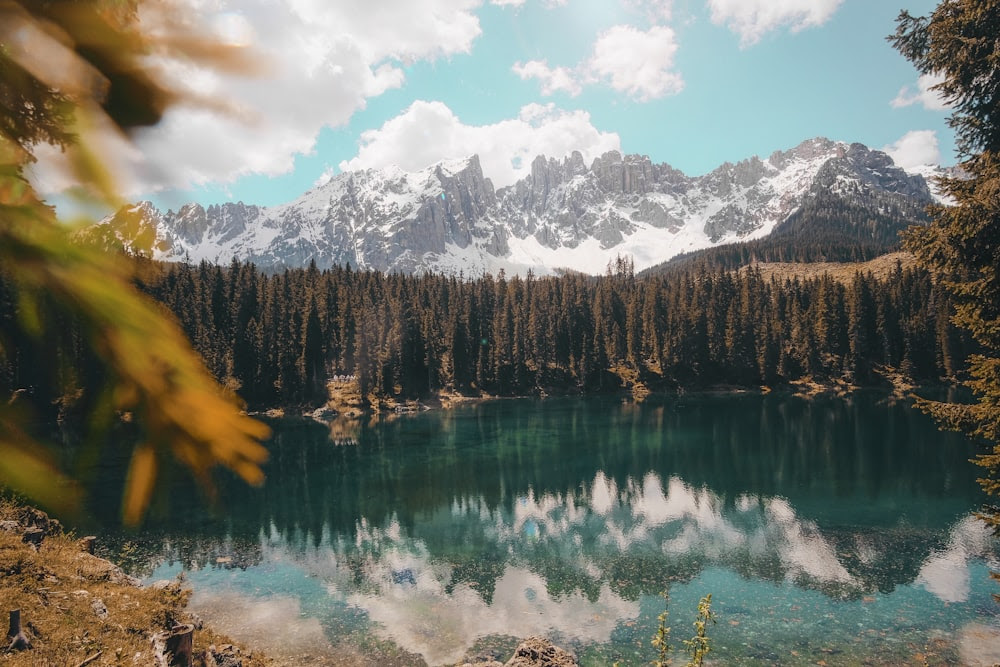
Telling the truth about palm oil is a problem, because it risks attracting the wrath of a crowd of gourmets. Palm oil is everywhere, and it’s dangerous for nature and health.
Palm oil production is responsible for major deforestation, contributes to the disappearance of numerous species such as the orang-utan, uses highly toxic products and working conditions on plantations are often deplorable. These are just some of the reasons why we need to change our business model.
Indonesia and Malaysia are the world’s main palm oil producing countries, accounting for almost 85% of global production.
In these regions, the forest is dense. The problem is that demand is exploding: over the last ten years, palm oil production has soared by almost 83%. Every day, thousands of hectares are burned to grow these famous palm trees, making this crop one of the main causes of deforestation in South-East Asia, but also, more recently, in Africa. Indonesia has become the world’s third largest emitter of CO2 as a result of these forest fires. There, the equivalent of a soccer pitch disappears every 15 seconds.

They don’t hesitate to burn down forests, industrial producers opt for monoculture, and gigantic areas are covered by palm trees alone. Local plants and animals are losing their habitat and disappearing fast. Emblematic of this disaster is the extinction of the orang-utan, whose population has plummeted by over 90% in a century on the island of Sumatra, where oil cultivation has spread.
Oil is fat. There’s good fat, like olive oil, and bad fat, like palm oil. According to estimates and the Nutella label, almost 70% of the jar is just sugar and palm oil. A mixture that promotes obesity, diabetes and cardiovascular disease. And palm oil in particular? Anses has announced that palmitic acid, present at around 40% in palm oil, promotes fatty deposits on the walls of blood vessels, leading to strokes and infarctus.
But by 2022, over 60% of palm oil imported into Europe will be used not for food, but to produce… energy, either in the form of agrofuel (45%), or to generate heat and electricity (the remaining 15%). Margarine, ice cream, spreads, French fries, sauces, soups, cookies… palm oil in foodstuffs accounts for 34% of Europe’s imports. The rest is divided between animal feed and industry. Consumption is constantly on the rise, and represents an environmental scourge.
The reason why no government is taking action to combat this health and deforestation scandal is that the pro-palm oil lobbies are too powerful. As a result, while a tonne of olive oil is taxed at 190 euros, a tonne of palm oil is taxed at 104 euros. French MPs tried to do away with this preferential regime in 2012 and again in 2016, when they passed a bill to regain biodiversity. But twice, pressure from Indonesia and Malaysia, as well as from major industrial groups, won out over the general interest.



